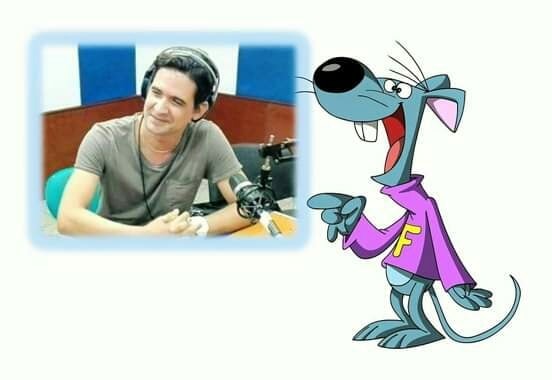Contrary to what some might think, this policy of sanctions is still in force, the only new elements are the modifications that came into force on January 16 by the departments of Treasury and Trade, Vidal explained on Cuban television.
The approved modifications somehow make the current prohibitions on travels to Cuba imposed on US citizens more flexible, she added.
These changes will also allow certain commercial transactions, mainly in the field of telecommunications, and the possibility for US financial institutions to start up operations in Cuba.
However, the ban on Cuba to use the US dollar in transactions with other countries, something that the chief of the White House can revert if he has the political will, is still in force, Vidal pointed out.
 Obama Has Faculties to Annul Key Aspects of blockade
Obama Has Faculties to Annul Key Aspects of blockade
In general, President Obama can “bury the fundamental parts of the blockade” by using his executive faculties, she added.
The Cuban diplomat noted in her statements on local television that only a small number of issues are ruled by laws approved by Congress, like the prohibition for US citizens to travel to Cuba.
The chief of the White House cannot allow Cuba to make transactions with US companies in third countries either, although he can authorize links between Cuban companies and corporations based on US territory, she noted.
In addition, the president does not have the legal authority to allow US financial institutions to grant credits to their Cuban counterparts to acquire products or services, as payments must be made in cash and in advance.
Migration policy
Regarding the Cuban Adjustment Act (CAA), approved by the US Congress in 1966, Vidal noted that it is the main stimulus to illegal emigration to the United States.
She noted that it is impossible to have a normal migration relation between the two countries as long as that legal statute is in force. The same happens with the dry feet, wet feet policy, which is not a statute approved by Congress, but a Government’s decision made by President William Clinton in 1995.
That policy grants refuge to Cubans who arrive on US soil and repatriates those who are intercepted at high sea.
Vidal stated that there is confusion about the implementation of the CAA, as it is a legislative element that grants discretional faculties to the US attorney general to grant benefits to Cubans or not.
It is not an automatic action, as it has been done over the past few decades due to political motivations, the Cuban diplomat pointed out.
Vidal recalled that the so-called Helms-Burton Act, which came into force in 1996, codified all stipulations of the blockade and turned them into a law that can only be changed by the US Congress since then.
However, that act also grants the president of the United States the faculty to authorize by means of licenses some possibilities of interrelation with Cuba and that is the case of the recent measures taken to make the ban on US citizens to travel to Cuba more flexible.
Notwithstanding, Obama lacks the legal authority to allow US citizens to visit Cuba as tourists.
 The official noted the importance of the decision made by President Raul Castro and Barack Obama, announced on December 17, 2014, to reestablish diplomatic relations and advance in a process of normalization of bilateral ties, on the basis of mutual respect and observance of the principles of international law.
The official noted the importance of the decision made by President Raul Castro and Barack Obama, announced on December 17, 2014, to reestablish diplomatic relations and advance in a process of normalization of bilateral ties, on the basis of mutual respect and observance of the principles of international law.
She added that it is a long and difficult process, which demands time, effort, work, the solution of complex issues, but the main thing is that it will give the opportunity to improve communication between the two parties, expand cultural exchanges and establish a more positive dynamics in general between the two countries.
The diplomatic official repeated that in these negotiations, the principles on which Cuba’s domestic political order is based will not be at stake at all.
However, she pointed out that it is the United States that has to eliminate its negative projections on Cuba, particularly the policy of unilateral sanctions. It is also important to discuss the issue of the US naval base in Guantanamo, in eastern Cuba, which Washington has maintained against the will of the Cuban people and the government.
The radio and TV broadcasts that violate international norms on that field must also be included, among other actions.
Delegations from Cuba and the United States held official talks on January 21st and 22nd to discuss issues such as illegal migration and the course to reestablish diplomatic relations and open embassies in the two countries’ capitals.
With information of Prensa Latina news agency




